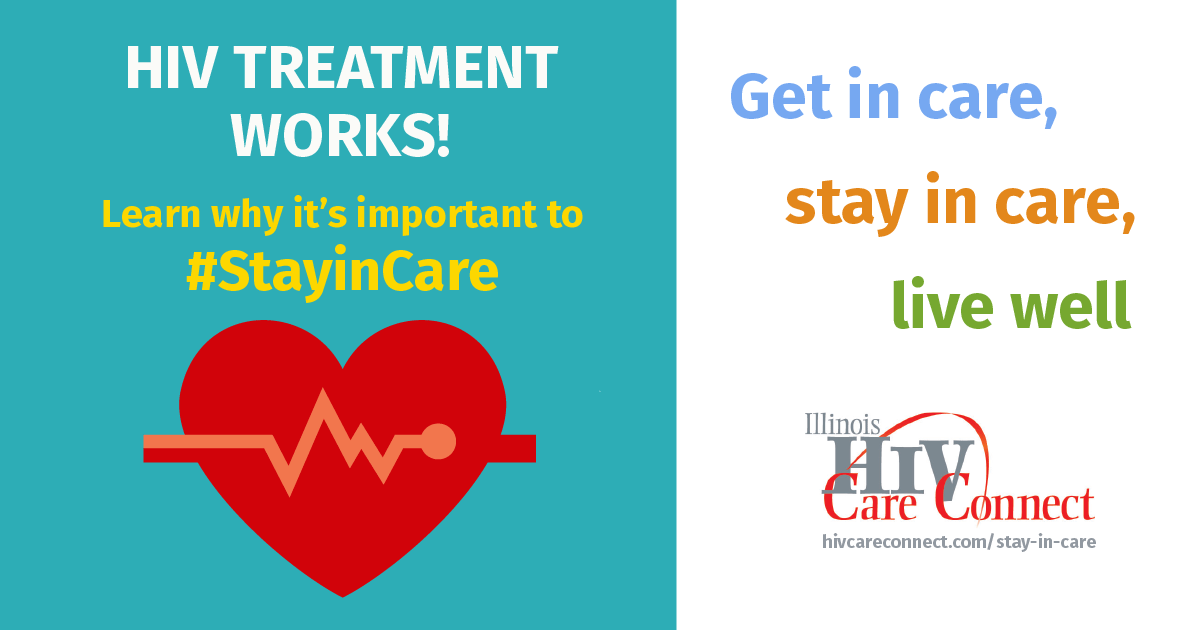If left untreated, HIV attacks your immune system and can allow life-threatening infections or conditions to develop. These “opportunistic infections” are more likely to occur when your CD4 blood counts fall below a certain level. Working with your health care provider to best determine which HIV treatment regimen is most effective for you – and staying with it – will greatly prevent your chances of developing infections.
Living with HIV also puts you at higher risk for developing different health conditions, including AIDS, sexually transmitted diseases (STDs) and hepatitis. These conditions can lead to serious illness or death if not properly managed. Learning about these conditions and how you can prevent them will help you maintain your health and live well.
STDs increase viral load in genital fluids, and some may even lower your CD4 cell count. If you are living with HIV and also have an STD, your body may have a harder time fighting off the additional infection. Also, if you have an STD while living with HIV, you may transfer HIV – as well as the STD – to your partner. You are more likely to spread HIV to others through sexual contact if you are living with HIV and an STD simultaneously, the CDC says. Being regularly tested along with your partner for STDs helps you maintain good health.
Persons living with HIV should get tested for all forms of hepatitis and receive a vaccination against hepatitis A and B if they do not have one already. There is no vaccination for hepatitis C at this time. All three forms of hepatitis are common in the United States, and each has the ability to cause serious health problems that can complicate your HIV care.
About one in five persons living with HIV are also infected with hepatitis C, according to the CDC. If you have both HIV and hepatitis C, you are at greater risk of liver damage. Your health care provider can work with you to provide you the best treatment options and manage any problems that may occur. It is extremely important for you to take your medications for both conditions as prescribed by your health care provider.








